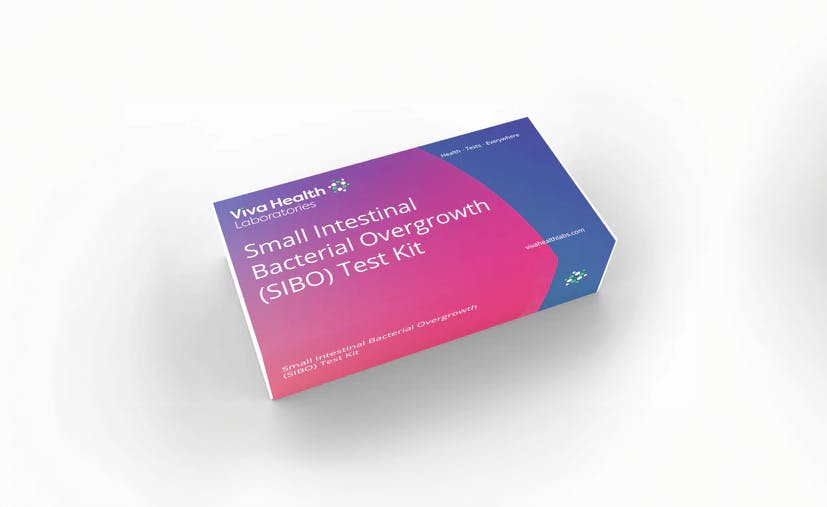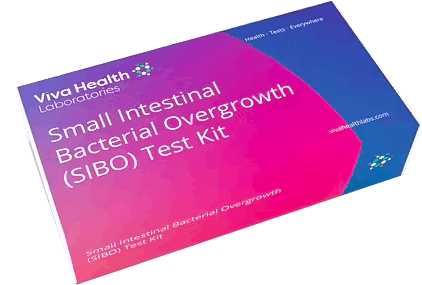Breath Tests
Easy to use, at-home breath tests available to purchase online with RefluxUK.
Most commonly used as a SIBO test, but what is it?
Buy a breath test
What are breath tests for?
Breath tests are most commonly used to diagnose small intestinal bacterial overgrowth (SIBO) and malabsorption of sugars such as lactose or fructose. Malabsorption is the imperfect absorption of food material by the small intestine. These conditions can cause similar symptoms to reflux and can occur independently or co-exist with GORD (Gastro Oesophageal Reflux Disease). Identifying their existence is important as if they go unrecognised patients may undergo unnecessary surgery, or, if surgery is performed, they may find that it works poorly or that they experience side effects. For instance, if a patient has bloating caused by SIBO, a Nissen fundoplication procedure may worsen this symptom.
In this short video Mr Nick Boyle, Medical Director at RefluxUK, talks about breath tests, how to test for SIBO (Small intestinal Bacterial Overgrowth) and how we use these test results to inform your treatment.
How is it performed?
A sample of the patient’s breath is analysed, often from the patient's own home. The exhaled breath is tested to measure the production of hydrogen and methane gases by gut bacteria.
What will the test show?
In the case of SIBO, an inbalance in the types of bacteria in the small intestine can inhibit normal absorption, produce gas, and increase the number of substances called short chain fatty acids in the gut. This can lead to symptoms of bloating, nausea and cramping as well as altered bowel habit and reflux symptoms. Performing a breath test as a SIBO test allows diagnosis based on measurement of both hydrogen and methane. This means better characterisation of gut bacteria, which enables tailored treatment regimens based on accurate diagnosis.

Buy SIBO breath test home kit
Identify if SIBO is a factor in your reflux symptoms.
buy SIBO home test kit